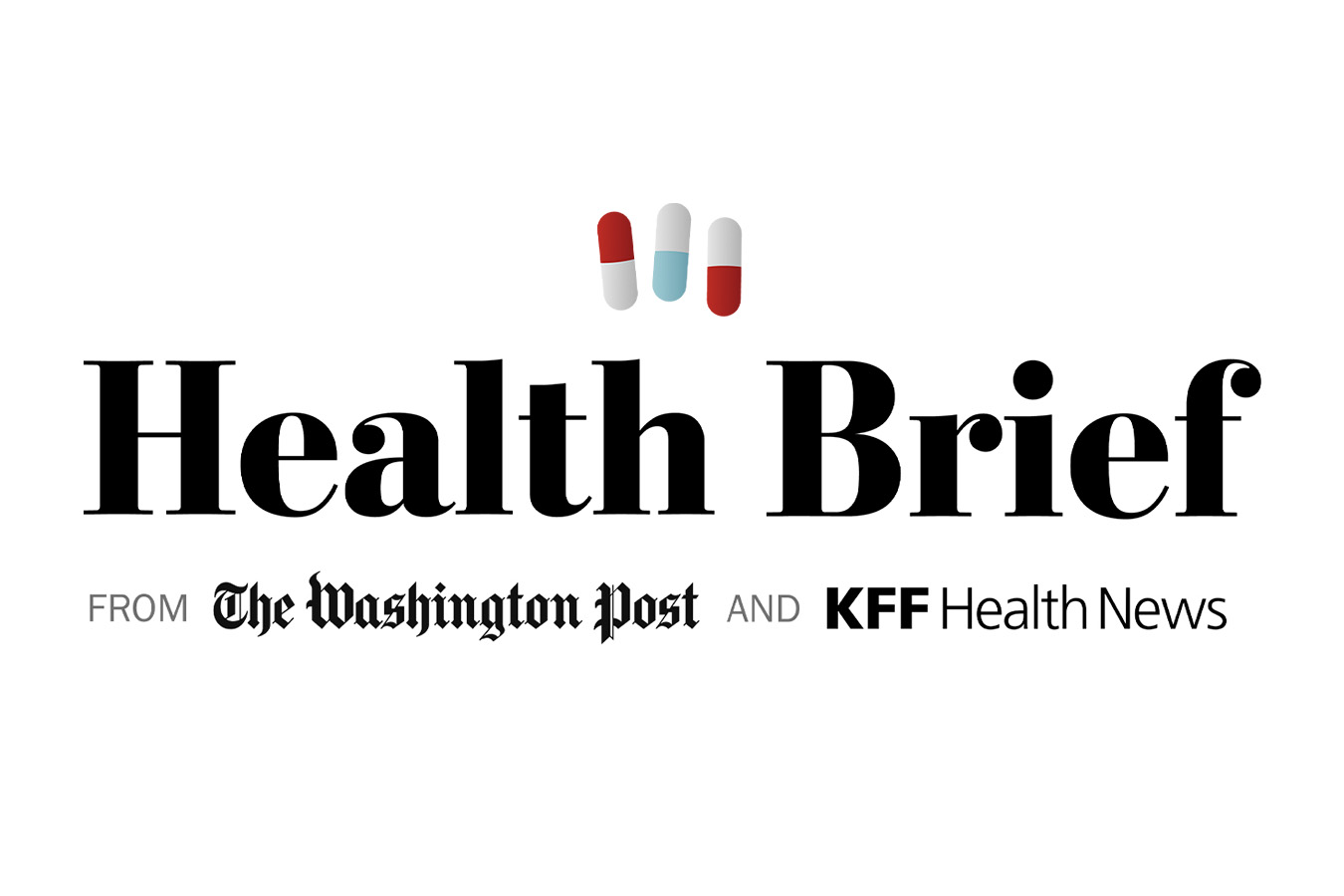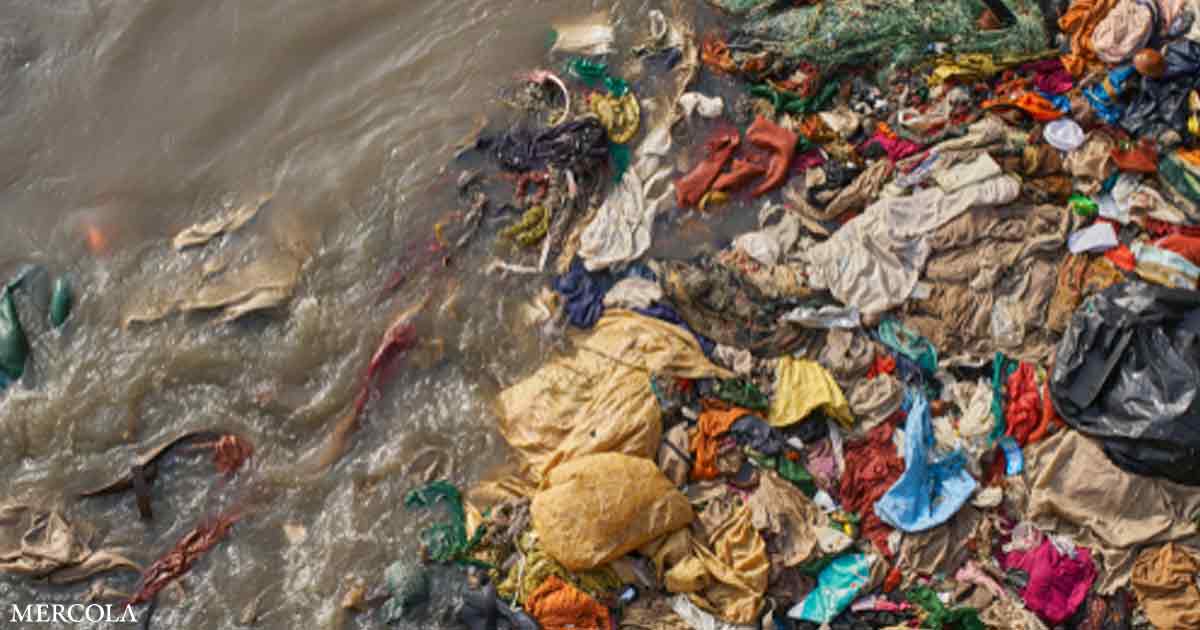Florida Gov. Ron DeSantis (R)spent years complaining that the Biden administration was slow-walking federal approval of his plan to import lower-cost prescription drugs from Canada — a concept endorsed by Donald Trump in 2020 just before his first presidential term ended.
But nearly a year since the Food and Drug Administration green-lit the state’s importation strategy, Florida has no planned date to begin bringing drugs over the border, according to a state official familiar with the program who asked not to be identified because they weren’t authorized to speak publicly.
Florida is the first and only state that has been approved to import drugs from Canada — a strategy for which politicians ranging from conservatives such as DeSantis to progressives such as Sen. Bernie Sanders (I-Vermont) have long pushed.
Drug companies say importation would increase the risk of counterfeit drugs appearing on U.S. pharmacy shelves, while Ottawa has warned it won’t allow medicines to be exported if Canadians could experience shortages as a result.
The Trump administration gave states the option to apply to bring medicines over the border in 2020, a move Trump touted in an interview published in October by AARP. He vowed to continue his “efforts to protect Americans from unaffordable drug prices” in a second term.
Colorado has an importation plan pending with the FDA.
Floridians would not directly benefit, as the program is geared toward lowering costs for the state Medicaid program and for the corrections and health departments.
LifeScience Logistics — a Dallas-based company whose board includes Alex Azar, secretary of the Department of Health and Human Services for most of the first Trump administration — has already received $50 million from Florida to set up its program, including warehousing its medicines.
Azar said he wasn’t authorized to speak about the program, and DeSantis administration officials refused for months to answer questions about it.
After KFF Health News reported in November that Florida had not set a date to start its program, Alecia Collins, deputy chief of staff for the Florida Agency for Health Care Administration, said the state is “awaiting feedback from the FDA on the last of the [pharmaceutical] labels so we can move forward with the next steps for launching the program.”
After Florida applied to create an importation program in November 2020, DeSantis filed suit against the FDA in 2022 for what he called a “reckless delay.”
Camm Epstein, a health policy analyst in Saratoga Springs, New York, said drug importation is a seemingly simple concept that resonates. “It riles up the crowd,” he said. “Who doesn’t want to pay lower drug costs?”
But it is complicated because of the FDA’s many requirements, including finding companies to work with — a Canadian exporter and a U.S. importer — and following a process that ensures the drugs are authentic, Epstein said.
“This was, at best, a boondoggle,” he said.
This article is not available for syndication due to republishing restrictions. If you have questions about the availability of this or other content for republication, please contact NewsWeb@kff.org.




